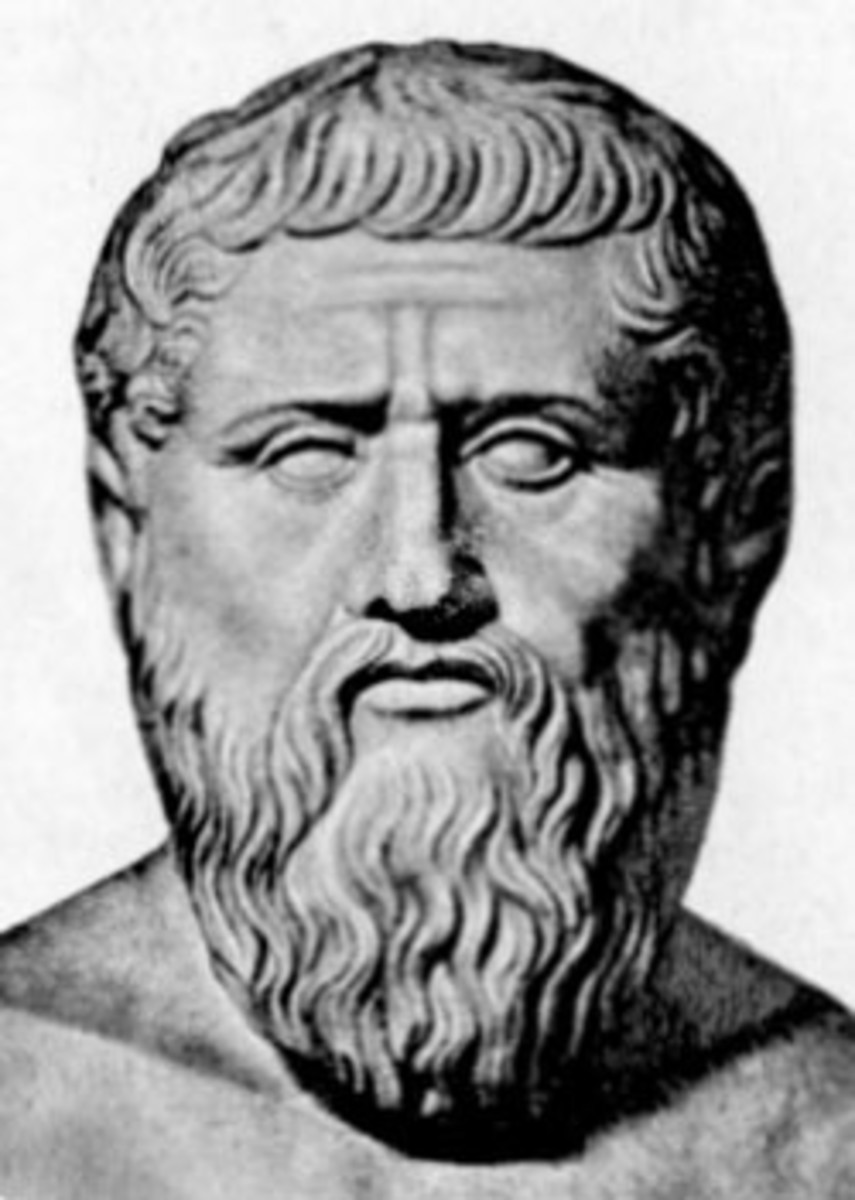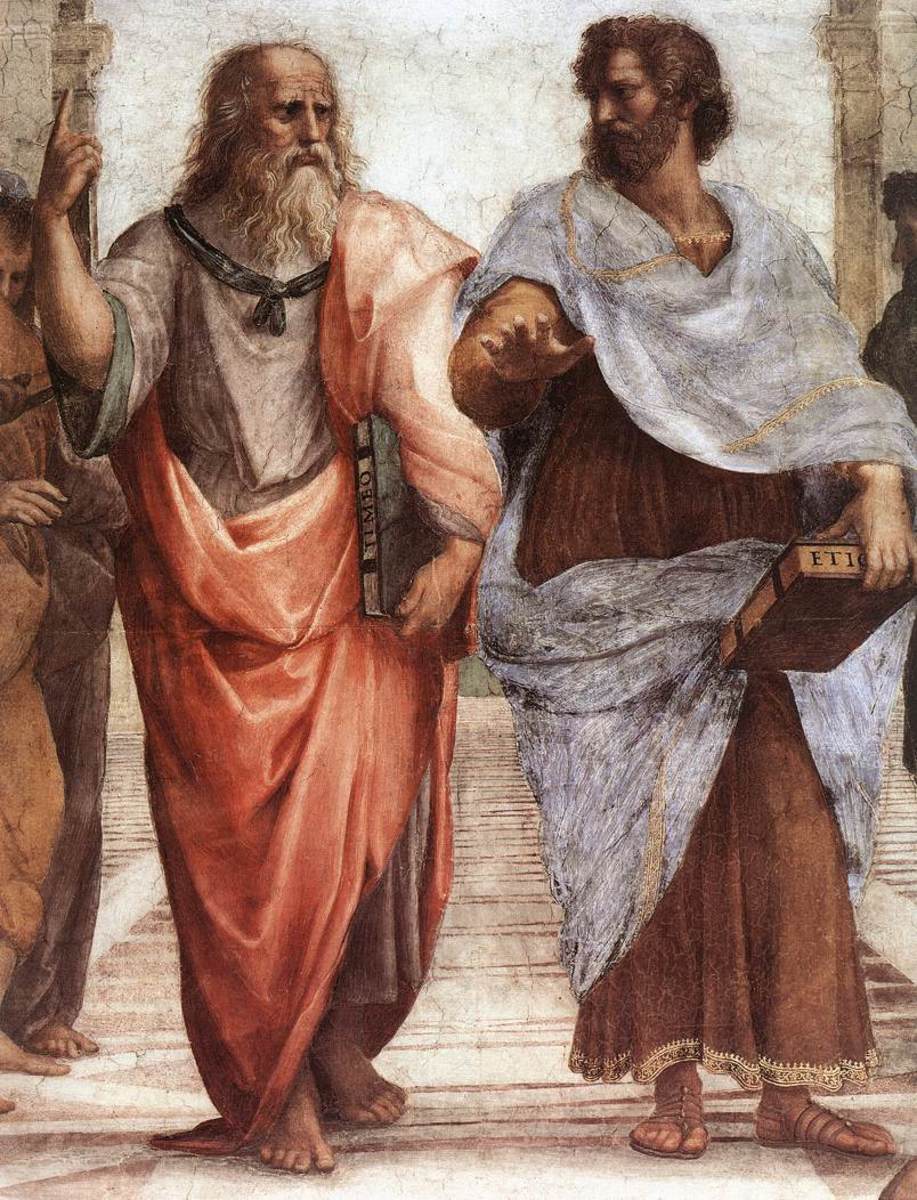A Sympathetic Portrayal of Plato's Greivance against Democracy

This hub was written in response to the following article: On Plato's Objections to Democratic Culture by "Mcamp".
I disagree with Mcamps' characterization of Plato's greivance with a democracy and have attempted to better approximate his views herein. Specifically, Plato is concerned that the constituents of a democracy in actual practice, are not only ill-informed, but particularly susceptible to the influence of those who can manipulate emotions and capitalize on baser desires. Here is not primarily concerned with any "democratic ideal." Plato, in the Gorgias, makes another analogy with regard to democracy which is particularly on point. Consider the following scenario, which I have paraphrased from Plato:
Imagine a group of adolescents that are being instructed with regard to healthy eating. They are, for the most part, ignorant about nutrition and are particularly sceptible to the lure of sweets and candy--they're kids after all! Two "experts" are to be brought before the adolescents to try to convince them to eat in a more healthy manner. At the end of each experts' presentation, the adolescents are to vote on which of the two they want to follow. One of the experts is a nutritionist who has studied healthy eating for decades, has written many publications and worked closely with people to adjust their diets. The other "expert" is a professional spokesman, very charismatic and entertaining, but totally ignorant about nutrition and paid, as chance would have it, by special interests who, for a variety of reasons, want a larger segment of the population eating candy bars.
The nutritionist speaks first and talks about his area of expertise, shows graphs and charts, quotes experts--is really very informative, but, alas, not particularly entertaining. The adolescents barely disguise their boredom as he speaks about the need to eat broccoli and to exercise, etc. Next the professional spokesman comes in, he is unroarously funny, has all sorts of glossy pictures, makes quite a show of himself, and "articulately" talks about how the best possible thing the kids can do to improve their health is to eat candy bars--all while liberally distributing sample candies from his special interest sponsoers. Now the kids vote on which expert they find to be more compelling. Naturally enough, the majority will vote for the articulate spokeman even if some realize the boring nutritionist gave sound advice. Many of the adolescents will be fooled by the spokesman's charisma and humor; others will be motivated by their insatiable desire for sweets, even if they know the nutritionist might be right. Some may vote the correct way, but one can pretty much guarantee that the nutritionist will lose the vote.
And so it is with democracy according to Plato. The adolescents are the general electorate, the nutritionist is the "true philospher" who knows what is best for the state, and the professional spokesman is the pandering demagogue who promises everything to everyone just to get elected and to please special interests. As Plato saw it with democracy, time and time again those who say what everyone wants to hear, even if what was said was patently impossible or detrimental, would get a hearing and would be popular. Those who truly mean well and speak the often unpopular truth would be ignored, ridiculed, voted out and even executed...just as Socrates was.
Plato sites further examples: When a individual is sick, he goes to a doctor who is an expert in restoring health. He doesn't go to the marketplace and take a poll on the best possible remedy. When an individual wants to build a house, he consults an architect. He doesn't go to the corner bar and ask the regulars to draft the blueprints. Likewise, when a nation seeks prosperity and justice, it should consult sincere experts in those topics--and in Plato's view, just as with seeking health and building a house, one would not consult "the masses" (the "polloi", Grk. "the many") with regard to nation building.
Plato, after witnessing Socrates' death sentence by the popular vote of democratic Athens, was convinced that one could not rely on the people to consistently vote for what was best and pay heed to the sincere philosopher, who spoke the unadorned and often unpopular truth. As Plato saw it, a majority vote in favor of Justice, Beauty and the Good happens, at best, by chance--especially when those most skilled at shaping the opinion of "the many" were anything but concerned with Justice, Beauty and the Good.






